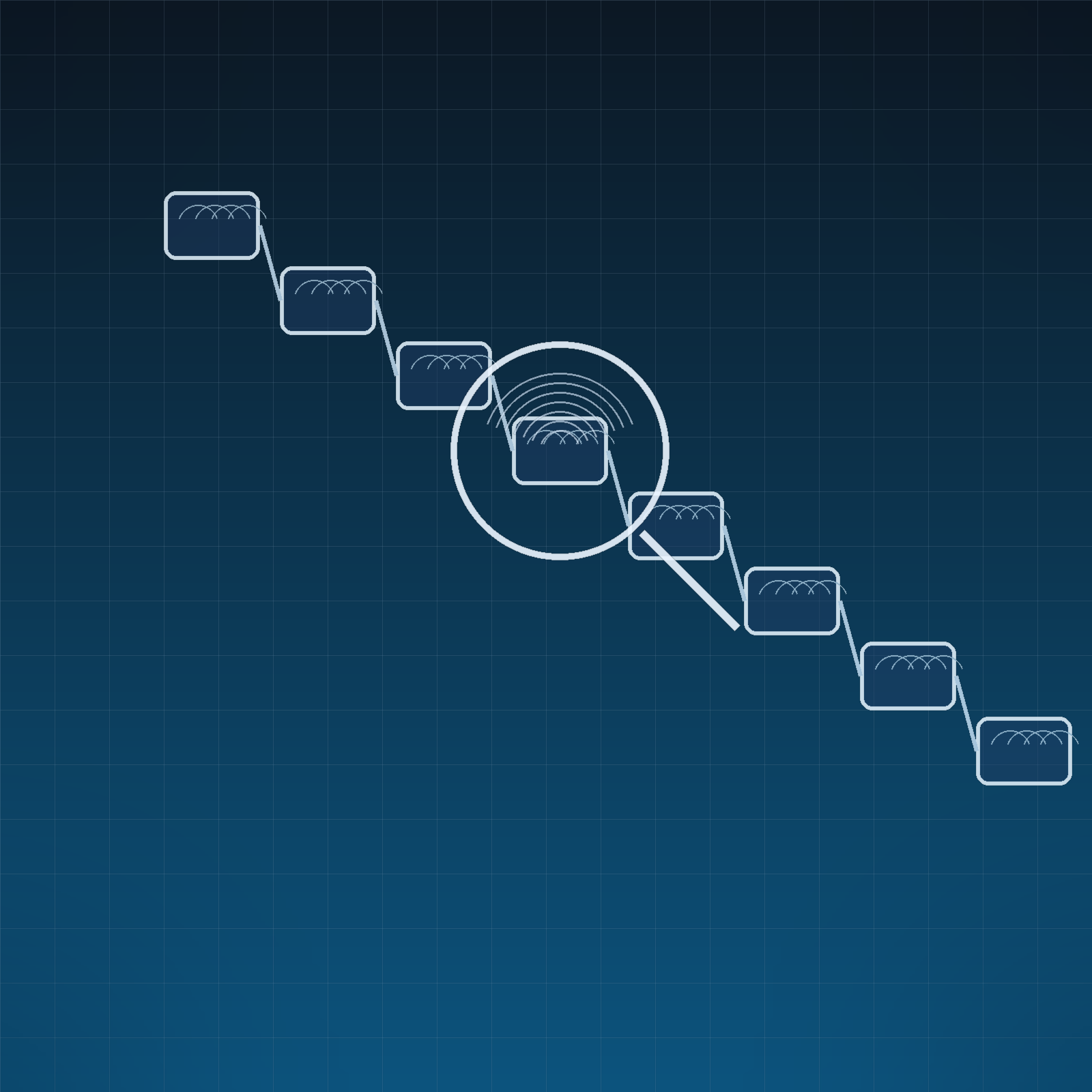No products in the cart.
EU Inc: Why Europe needs a unified startup society now
Bureaucracy frustration: A practical example from Germany Imagine you close a Series A financing round for your start-up in Germany...
Read moreDetailsBrief overview: “Digital integrity” refers to the protection of personality in networked systems – beyond the body and mind, in relation to data, devices, accounts and digital life circumstances. In Germany, there is no explicit fundamental right with this name. Nevertheless, constitutional and EU law guarantees already safeguard key elements. This results in specific compliance obligations for companies and platform operators.
The anchor is the general right of personality from Art. 2 para. 1 i. in conjunction with Art. 1 para. 1 GG . In 2008, the Federal Constitutional Court developed this further to guarantee the confidentiality and integrity of information technology systems (so-called “IT fundamental right”). This refers to an area of protection that covers not only individual data, but the entire IT system if a comprehensive personal image could be reconstructed from its use. A digital sphere of personality is thus recognized, which binds intervention measures to strict conditions.
This is supplemented by informational self-determination (census case law) and the state’s duty to protect: private security deficits that lead to massive personality impairments can also trigger state response and guarantee obligations. However, there is not (yet) an explicit “fundamental right to digital integrity” in the wording of the German Basic Law; the matter is currently covered by interpretation and specialist law.
At Union level, Art. 7 CFR (respect for private and family life) and Art. 8 CFR (protection of personal data) safeguard digital privacy. The GDPR specifies this in Art. 5 (data minimization, integrity and confidentiality) and Art. 25 (privacy by design/default). In addition, the EU has codified “Digital Rights and Principles” as political guidelines since 2022; they are aimed at a human-centered, secure and sustainable digital order.
Two regimes are of particular operational relevance:
The result: An independent EU “fundamental right to digital integrity” does not exist, but the combination of the CFR, GDPR, DSA and AI Act sets material protection standards that come close to a functional protection of fundamental rights.
The idea of an explicit “Digital Fundamental Rights Charter” has been under discussion for years. Civil society drafts and academic proposals outline formulation options and adapt traditional protected rights to the reality of the internet and platforms. In Germany, practical development is currently focused on specialized law (e.g. platform and security law) and the further development of personality rights under judicial law.
It is interesting to take a look at Switzerland: cantonal constitutions have recently included the right to digital integrity. The term used there is normatively aimed at an independent protection status for digital spheres. This provides argumentation material for the German discourse, but does not replace the dogma of fundamental rights that applies here. An amendment to the Basic Law would be politically possible, but will have to be weighed up in terms of legal policy in view of the functioning doctrine of fundamental rights and the support provided by EU law.
Regardless of an explicit fundamental rights formula, digital integrity is already a compliance issue today. An integrated roadmap is recommended:
Conclusion: Even without an expressly standardized constitutional title, digital integrity is already addressed in a legally binding manner – under constitutional law via the right of personality and under EU law via the GDPR, DSA and AI Act. In practice, it is less the fraudulent labeling that counts than the complete implementation of specific protection and due diligence obligations.
Marian Härtel ist Rechtsanwalt und Fachanwalt für IT-Recht mit einer über 25-jährigen Erfahrung als Unternehmer und Berater in den Bereichen Games, E-Sport, Blockchain, SaaS und Künstliche Intelligenz. Seine Beratungsschwerpunkte umfassen neben dem IT-Recht insbesondere das Urheberrecht, Medienrecht sowie Wettbewerbsrecht. Er betreut schwerpunktmäßig Start-ups, Agenturen und Influencer, die er in strategischen Fragen, komplexen Vertragsangelegenheiten sowie bei Investitionsprojekten begleitet. Dabei zeichnet sich seine Beratung durch einen interdisziplinären Ansatz aus, der juristische Expertise und langjährige unternehmerische Erfahrung miteinander verbindet. Ziel seiner Tätigkeit ist stets, Mandanten praxisorientierte Lösungen anzubieten und rechtlich fundierte Unterstützung bei der Umsetzung innovativer Geschäftsmodelle zu gewährleisten.
Bureaucracy frustration: A practical example from Germany Imagine you close a Series A financing round for your start-up in Germany...
Read moreDetailsWhat laws should you follow to avoid violating copyrights? In Germany, copyright law is a complex issue. Therefore, to avoid...
Read moreDetailsIn the digital world, distributed denial of service (DDoS) attacks are a common form of cybercrime. They aim to cripple...
Read moreDetailsTfue vs. FaZe on everyone's mouth The subject of Tfue's lawsuit against FaZe (I wrote briefly about it in this...
Read moreDetailsThis week it starts again. Feels like every retailer has a discount promotion with somehow associated with the color "black"....
Read moreDetailsComparison to influencer sneaking advertising I have already written in the blog about the current verdicts on influencers and sneaky...
Read moreDetailsSo slowly is the amount of judgments around deleted posts and closed accounts on social networks, and it is surprising...
Read moreDetailsCopycat apps - i.e. app clones that imitate successful applications - are a sensitive issue for many developers and start-ups....
Read moreDetailsEsport teams are becoming more and more valuable, even if the concentration on a few teams is increasing and small...
Read moreDetailsPrivate accounts on ChatGPT & Co. for corporate purposes are a gateway to data protection breaches, leaks of secrets and...
Read moreDetailsThis insightful 20-minute podcast episode by and with me explores the complex topic of copyright in the digital age. The...
Read moreDetailsIn this video, I talk a bit about transparent billing and how I communicate what it costs to work with...
Read moreDetails

















